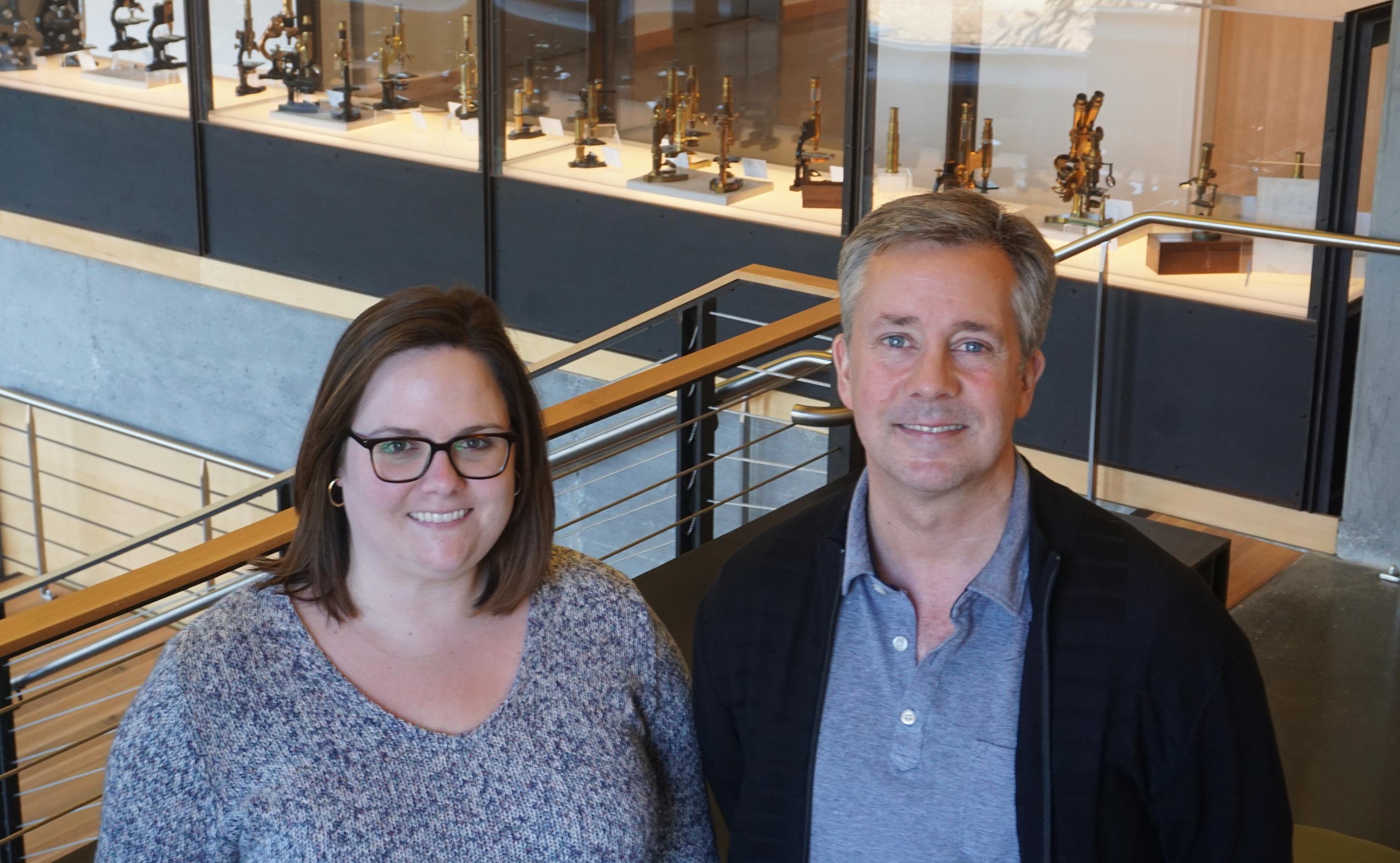The European conquest and colonization of the Americas in the age of Christopher Columbus was a tragic and bloody enterprise that enslaved millions of African people and devastated Native American populations.
In many well-documented ways, this was among the darkest epochs of human history. But the massive demographic upheaval also had profound effects at the genomic level, resulting in the rapid adaptive evolution of the human beings who have lived in this part of the world for the last 500 years, according to King Jordan and his research partners.
“Five hundred years is like batting an eye in the evolution of humans,” says Jordan, professor in the School of Biological Sciences at the Georgia Institute of Technology, where he directs the Bioinformatics Graduate Program. “It’s less than one percent of the time that has passed since modern humans first left Africa.”
The three distinct ancestral source populations that converged in the Americas – Africans, Europeans, and Native Americans – had been separated and adapting to their own local environments for tens of thousands of years since their initial migration out of Africa. Jordan and his colleagues hypothesized that when these diverse populations came together and exchanged genetic material in the Americas – the process referred to as admixture – the previously adapted variants were able to rapidly increase in frequency based on their utility in the new environment.
They refer to this rapid evolution as admixture-enabled selection and they write about it in the latest research paper from the Jordan lab, “Admixture-enabled selection for rapid adaptive evolution in the Americas,” published in the journal Genome Biology.
“A big question in the lab was, can populations that have been separated for millennia come back together and form completely new, novel genomes that have never been seen before – can you adapt in 500 years?” says Emily Norris, lead author of the paper, who graduated with her PhD from Georgia Tech in November 2019. “Our premise is, yes, that it has happened.”
To test their hypothesis, the researchers analyzed whole genome sequences (utilizing data from the 1000 Genome Project) sampled from admixed Latin American populations in Colombia, Mexico, Peru, and Puerto Rico. And their results showed evidence of admixture-enabled polygenic selection in these populations.
“Given the ubiquity of admixture among previously diverged populations, it should be considered as a fundamental mechanism for the acceleration of human evolution,” the researchers write.
“We’ve developed a new way of looking at natural selection that is predicated upon the reality of admixture,” says Jordan, who is also a faculty researcher in the Petit Institute for Bioengineering and Bioscience at Tech.
“In admixture-enabled evolution, you’re introducing novel variants at high frequencies – you’re creating combinations of variants that had never existed before on the same genomic background,” Jordan adds. “So, instead of introducing adaptation at low frequency via mutation – a slow process constrained by the rate and introduction of mutation into populations – admixture-enabled selection facilitates rapid adaptive evolution.”
And it isn’t unique to the Americas. Human evolution has been constantly characterized by long periods of genetic divergence, after populations have become physically and reproductively isolated, followed by a period of unification, or reunification, and interbreeding and the resulting genetic admixture.
“Admixture represents a fundamental mechanism by which human adaptation has been sped up,” Jordan asserts. “And it’s happened many, many times across human evolution.”
In addition to Norris and Jordan, the other authors were Lavanya Rishishwar (research scientists, former grad student in Jordan lab), Aroon Chande (graduate researcher in Jordan lab), Andrew Conley (research scientist in Jordan lab), Kaixon Ye (assistant professor, University of Georgia), and Augusto Valderrama-Aguirre (Universidad Santiago de Cali, Colombia).

Jerry GrilloCommunications Officer IIParker H. Petit Institute forBioengineering and Bioscience
